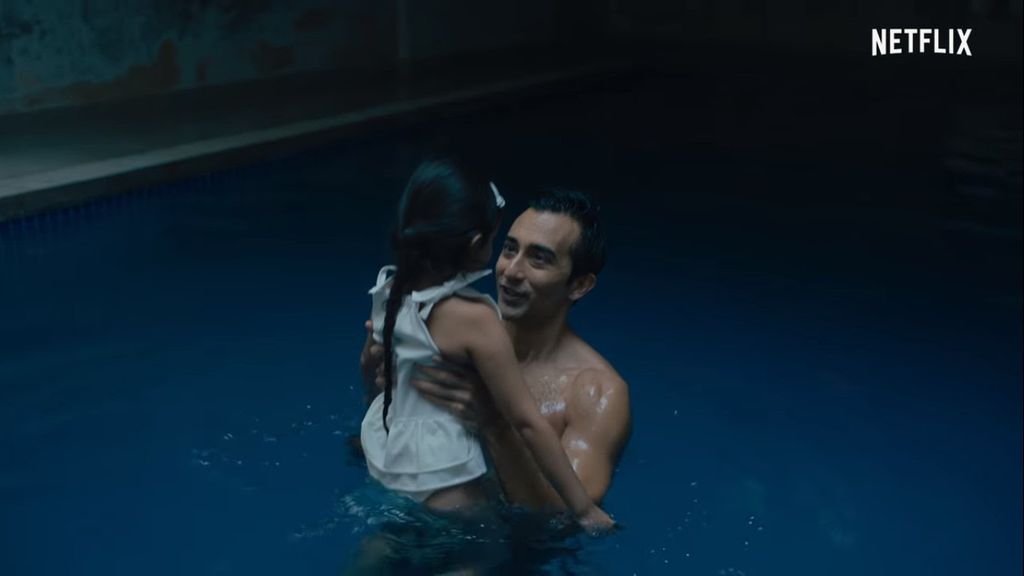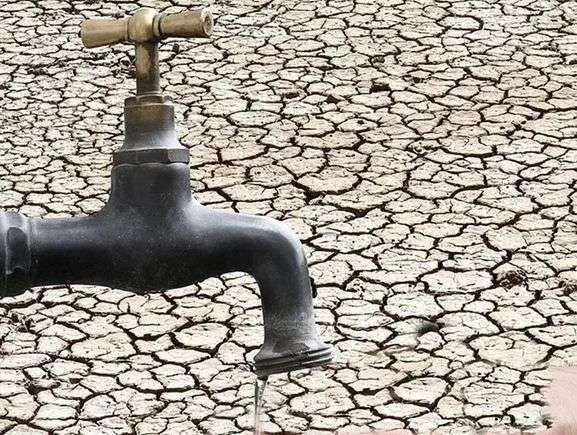A Dystopian Story Of A Not So Dystopian Era: Leila
Jun 25, 2019 • 21 views
By the title itself, you may have figured out what I plan to write on ahead. This article is, yes, about the new Netflix show 'Leila' starring Huma Qureshi as the lead actress. The Indian show has managed many breakthroughs being one of the first Indian web-series to feature a female lead (let’s ignore four more shots right now) and also in its stark dystopian narrative.
The show is based on the novel by Prayaag Akbar and is set in the year 2047 and has indeed managed to show a futuristic perspective but was also subject to the brunt of critics labeling the show as one which did not take into account character portrayal and some of the sequences having no coherence, like the Maid who becomes almost unrecognizable, now a member of “high society”.
Many also labeled the show as anti-Hindutva because of its seemingly exaggerated representation of a right-wing conservative Government (no points for guessing which one). While all of that may be understood and critical reviews appreciated, it is essential to remember that despite some of its faults; it is a promising attempt to bring to Indian audiences shows that go beyond the trial and errors of family dynamics.
Most importantly, what this show seeks to show is a disturbing facet of reality that is approaching every day, the shortage of water and deprivation. In the show, this is one of the very first elements introduced to us when Shalini's husband is killed by stating the false reason that water had been purchased illegally for the swimming pool.

It immediately makes you realize the increased value of fresh water and its commoditization subject even to the black market. Similarly, when Shalini is sent to the Vanita Mukti Kendra, as an attempt to rid them of the stench of their impure practices, she is forced to take a bath by dipping her body in the murky water that many others before her have immersed themselves in.
Water banks are also a commonplace phenomenon in the show, and surely not something that is going to be unheard of in the future. This show was adept at putting this environmental concern across especially in terms of the water crisis in Chennai where the fresh water supply has been drastically reduced with the four main reservoirs their percentage of stored water continuing to diminish.

The leading cause of this water shortage has been attributed to the construction and development projects taken up by the Government, leading to a decline in water sources. Water is one of our most vital requirements seeing as we need them for possibly every activity as well as for hydrating our bodies in the tropical climate. This urgency is exhibited in the enormous queues that are generated around water tankers, and a scene also included in the dystopian show.
Not very differently, a youtuber by the name Kristen Leo attempted to show the same with a video concept titled 'My morning routine in the year 2050'. She proceeded to fill her bottle with water, one for sanitation, and the other for cooking and drinking; Government rationed water; naturally, the state would want to assume dictatorial grounds if faced with shortages.
So how far are we from the reality portrayed on screen and how long till fiction turns fact and we are forced to regret our privileged lives, and the water crisis hits home? ..I say not long.
Thumbnail credits : koimoi
